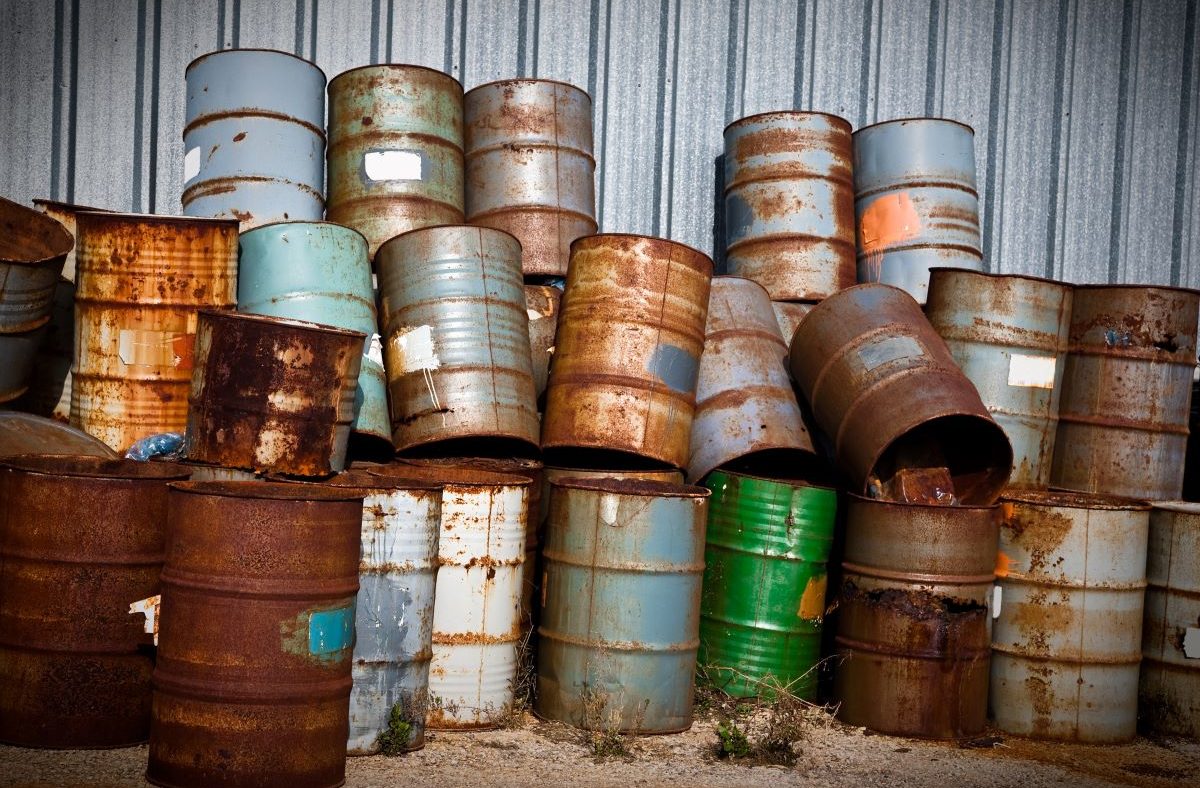Many prospective purchasers of properties in New Jersey believe a Preliminary Assessment (PA) is only required if a triggering event occurs under the Industrial Site Recovery Act (ISRA). Triggering events include a stock transfer, cessation of operations, or property sale at an industrial establishment as defined by ISRA (N.J.S.A. 7:26B). This type of PA is required to be completed by a current owner or operator of a facility, which falls under the requirements of ISRA and is not required by a purchaser of a property. However, as you will see below, a PA is also required to afford buyer protection in New Jersey.
Federal vs. New Jersey Environmental Due Diligence Law
When completing environmental due diligence in New Jersey, a potential purchaser of a property should be aware of both Federal and State law with regard to the innocent purchaser defense. Under Federal law, the Comprehensive Environmental Response, Compensation, and Liability Act (CERCLA) requires a purchaser of a property to investigate the historical use of a property prior to acquisition (“All Appropriate Inquiries”) in order to afford innocent purchaser defense. This is accomplished with the performance of a Phase I Environmental Site Assessment (ESA) in accordance with United States Environmental Protection Agency (USEPA) regulations (40 CFR Part 312) and ASTM E1527-13 (Standard Practice for Environmental Site Assessments: Phase I Environmental Site Assessment Process). Under New Jersey law, “Appropriate Inquiry” is required under the New Jersey Spill Compensation and Control Act (Spill Act; N.J.S.A. 58:10-23.11, et seq.) prior to acquisition of a property by a purchaser. This includes the completion of a PA. For due diligence purposes, a buyer of a property is not required to complete a PA under the oversight of a New Jersey Licensed Site Remediation Professional (LSRP). However, the State of New Jersey does not recognize Phase I ESAs for “Appropriate Inquiry.”
Since 1993, purchasers of properties in New Jersey have been afforded protection under the Spill Act to respond to discharges of hazardous substances that occurred prior to ownership. Recent New Jersey case law has established that purchasers have been unable to support the defense because adequate pre-purchase due diligence was not performed and therefore have become responsible for releases prior to acquisition. The Spill Act does not differentiate between residential, commercial, or industrial properties and recent cases have found that buyers “visual” inspection of a property prior to purchase of a residential property did not afford protection under the Spill Act.
What are Preliminary Assessments and Phase I Environmental Site Assessments?
A PA requires the consultant to identify all current and historical potential Areas of Concern (AOCs), whereas the Phase I ESA requires identification of Recognized Environmental Conditions (REC), Historical RECs (HRECs), and Controlled RECs (CRECs). Unlike a Phase I ESA, a PA requires the review tax records, deeds, historical chain of title, and business directories (including New Jersey Industrial Directories). The consultant must also assess protectiveness of prior remedial actions when completing the PA to determine if any known changes in site conditions or if any new information has been developed since completion of the previous sampling or remediation. In contrast, a CREC identified during the Phase I ESA process does not require verification of remedy protectiveness. Another main difference between the Phase I ESA and PA is that the consultant must use all efforts to obtain documentation before the data gathering portion of a PA is completed. In contrast, the Phase I ESA includes a reasonable ascertainable limitation that allows a consultant to abandon a search for information basely solely on time constraints. In addition, New Jersey law does not recognize data gaps or data failure and does not have the concept of a de minimis condition. Furthermore, the PA requires recommendations and rationale if sampling is not proposed at an AOC. A Phase I ESA requires an opinion, but not recommendations. A person or entity seeking New Jersey defense must proceed to the Site Investigation if recommended whereas a person seeking Federal defense is not required to complete sampling.
How can a buyer ensure protection under both Federal and State law?
To protect a buyer under both Federal and State law, a combination Phase I ESA and PA should be performed by any potential purchasers of a property in the State of New Jersey. This process will afford innocent purchaser defense under both Federal and State law.
In summary, purchasers of property in New Jersey should be aware that performance of a PA is the minimum level of inquiry for the innocent purchaser defense. Even if innocent purchaser status is not achieved, information obtained during due diligence will provide an environmental baseline that will allow the purchaser to make decisions regarding environmental liabilities. In addition, future buyers of properties may perform due diligence and discover an issue that may need to be addressed prior to the sale of the property. Based on potential liability and Federal and State law, a due diligence Phase I ESA and PA should be completed in New Jersey prior to acquisition of a property.
How can VERTEX help?
VERTEX continues to educate clients of these requirements and can provide additional guidance on the process upon request. If you have any questions on the Phase I ESA and PA process in New Jersey, please feel free to reach out to Chris Cook in the Branchburg, New Jersey office at 908.333.4303.
For more information on VERTEX’s Environmental Consulting services or to speak with an Environmental Expert, please call 888.298.5162 or submit an inquiry.
Author: Christopher Cook



